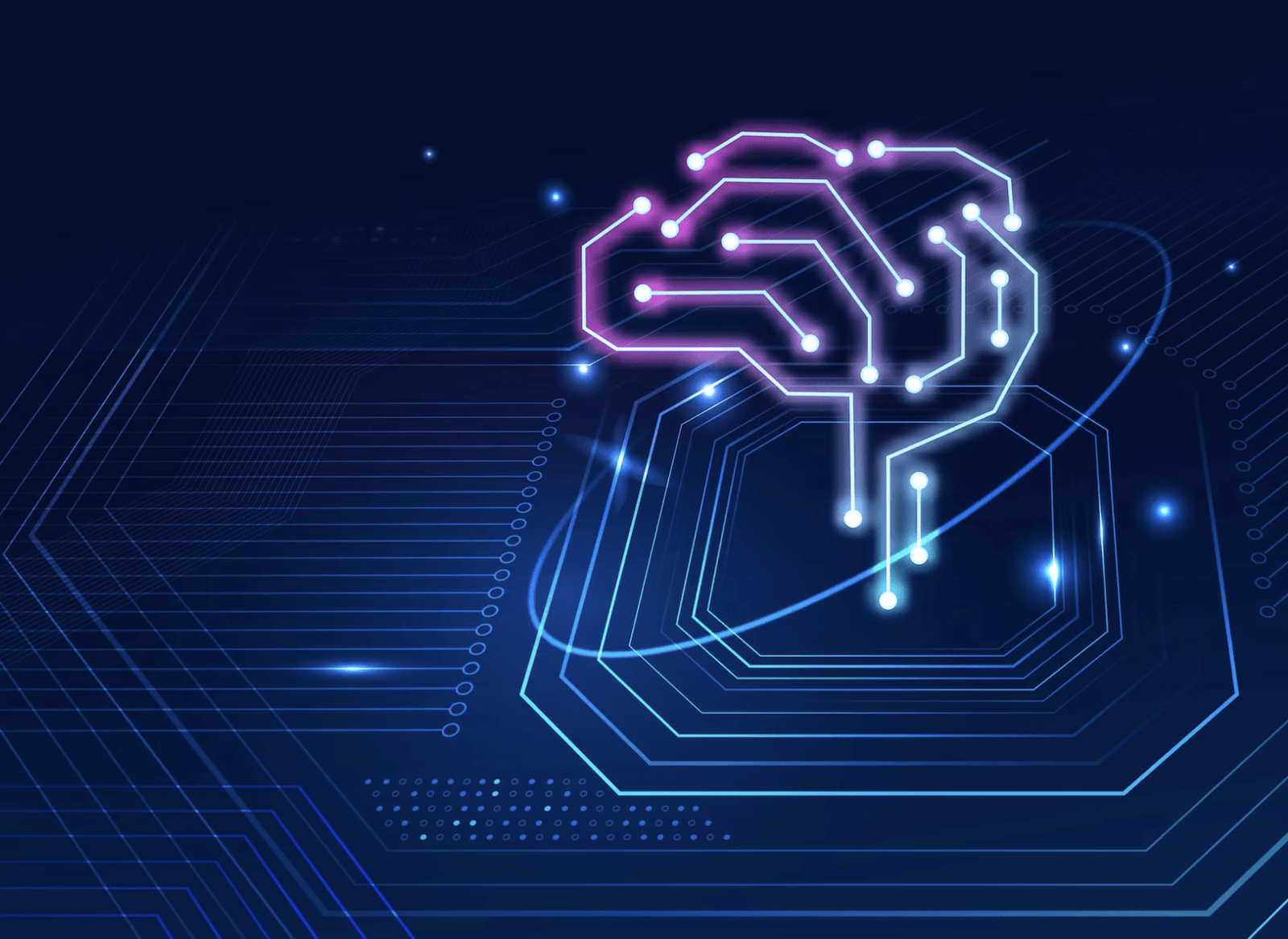
Introduction: Manufacturing has been one of the key domains where automation and robotics have played a significant role in enhancing productivity, efficiency, and precision. With the advent of AI, manufacturing is undergoing a new revolution, where intelligent machines and algorithms are transforming the way products are designed, produced, and delivered. In this blog post, we will explore the latest advancements in AI for manufacturing and how these technologies are revolutionizing automation and robotics.
Content:
- Evolution of Automation and Robotics in Manufacturing: In this section, you can discuss the historical evolution of automation and robotics in manufacturing, starting from the first industrial revolution to the current era of Industry 4.0. You can highlight the key milestones, advancements, and trends that have shaped the manufacturing landscape and paved the way for AI-driven automation and robotics.
- AI Applications in Manufacturing: This section can cover how AI is being applied in various aspects of manufacturing, such as product design, process optimization, predictive maintenance, quality control, and supply chain management. You can discuss specific use cases, such as AI-powered computer-aided design (CAD) software, predictive maintenance algorithms for machinery, machine vision systems for quality inspection, and autonomous robots for material handling.
- Benefits of AI in Manufacturing: In this section, you can discuss the potential benefits of using AI in manufacturing. This can include improved product quality, reduced downtime and maintenance costs, optimized production processes, enhanced safety and risk management, and increased overall productivity and efficiency.
- Challenges and Considerations: Implementing AI in manufacturing comes with its own set of challenges and considerations. In this section, you can discuss potential challenges, such as data integration and compatibility, cybersecurity, ethical considerations, and workforce adaptation. You can also discuss how organizations can address these challenges and ensure responsible and ethical AI implementation in their manufacturing operations.
